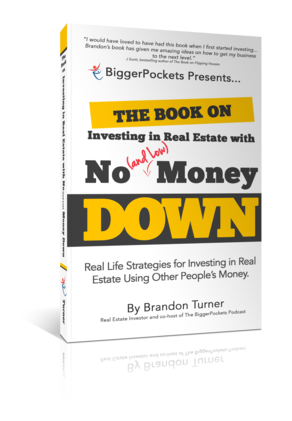However you do not need to pay PMI permanently. More on that later PMI can be a pretty huge expense, with the typical yearly PMI premium varying from. 55 percent to 2. 25 percent of the initial loan quantity each year. Your credit rating and loan-to-value ratio will impact your PMI premium. For example, if you purchase a home for $200,000 and your PMI is one percent, you will pay $2,000 a year, or about $166 a month (How much does it cost to become a real estate agent). Fortunately is that you can ask the loan provider to cancel your PMI once you have paid for the mortgage balance to 80 percent of the home's original assessed worth.
If you have an FHA loan, you will require to pay for your home loan to 78 percent of your original list prices. Even if gratitude has actually pressed your equity up, you will require to decrease your initial principal balance. Usually, a lot of loan providers need PMI when it concerns standard loans with a deposit less than 20 percent. Like anything else, however, there are exceptions to the rule. You'll have to do your homework if you want to forgo paying PMI. Some banks out there deal low down-payment, PMI-free conventional loans. These service providers will waive PMI for debtors with less than 20 percent down, but you'll pay a higher rates of interest. No, not the body appendage. While fixed-rate mortgages have the same interest rate and regular monthly payment for the life of the loan, the rate of interest and monthly payments on an ARM modification (thus the word "adjustable"). ARM rate of interest are usually fixed for a period between 3 and 10 years before they alter. The new payment is computed using a rate based upon an underlying index like LIBOR (not an important acronym for house purchasing, however it stands for "London Interbank Offered Rate") or the CMT (Continuous Maturity Treasury) plus a margin. Comprehending how your rate can alter and how this can increase your payment is very crucial.

The company implements rules like Know Before You Owe, which supply debtors more transparency in the mortgage process and knowledge about what they can afford. This ratio is the portion of your income that approaches paying monthly costs. Lenders normally require DTIs listed below a specified percent for you to get approved for particular loan items. These loans were developed throughout the Great Anxiety during the 1930s and essentially make buying a house more accessible by supplying home loan help and letting debtors get approved for a loan with a down payment of simply 3. 5% (rather of the advised 20% down payment).
These are month-to-month payments of simply interest. Specific home mortgages enable these lower payments for a specific duration. These loans work best for consumers who expect a considerable bump in income or strategy to re-finance or move prior to the end of the interest-only term. Not to be confused with smoked salmon, usually eaten with cream cheese and bagels. These are short letters offered to a lending institution that explain modifications in earnings, defend late payments, or summarize your rental history. They can assist you qualify for your home mortgage. This ratio is determined by dividing the loan quantity by the home's purchase rate.
Lenders have unique programs for debtors who put down less than 20%. Not a sound a robot makes, but rather a cost that's funded as part of the loan and charged by the federal government for FHA loans. This unique program allows first-time buyers to put down less than 20% on their purchase. These payments are the amount due each month on your mortgage. Not a sad party, however rather your total month-to-month housing cost, which consists of the P&I payment due on your home mortgage and the taxes and insurance coverage on your house. PMI is an extra charge you pay when your deposit is less than 20%.
The Ultimate Guide To What Is Mls In Real Estate
Need to satisfy certain requirements specified by the Dodd-Frank Wall Street Reform and Consumer Security Act, such as loan amount, interest rate, and underwriting, so they can be purchased by a government-sponsored entity. Not the cousin of a Vespa scooter. More like a map, because it needs that you receive specific disclosures about closing costs and settlement procedures at particular times throughout the home mortgage procedure. Evidence of pinnacle timeshare your earnings in the type of W-2s, pay stubs, or tax return. Termites. Enough sell my timeshare now bbb stated. And if you ever discover yourself sounding out acronyms while attempting to follow along with your loan provider, follow this smart recommendations from Eric Gotsch: "Asking will never ever be a dumb question, particularly throughout something as essential as the home-buying process.".
If you want to prevent PMI, you have 2 options: pertain to the table with a 20% down payment or see if you can have the loan provider pay for the PMI. Here's how to achieve either. A deposit is a required lump-sum payment you make at near acquire a home - What is earnest money in real estate. The amount you pay is a percentage of the home's worth and helps contribute to the equity you have in the house from the outset and decreases the quantity you borrow. A lot of loans do not require a 20% deposit. However, having one will get rid of the PMI and might lower your regular monthly payment even more given that it'll also reduce your primary balance.
